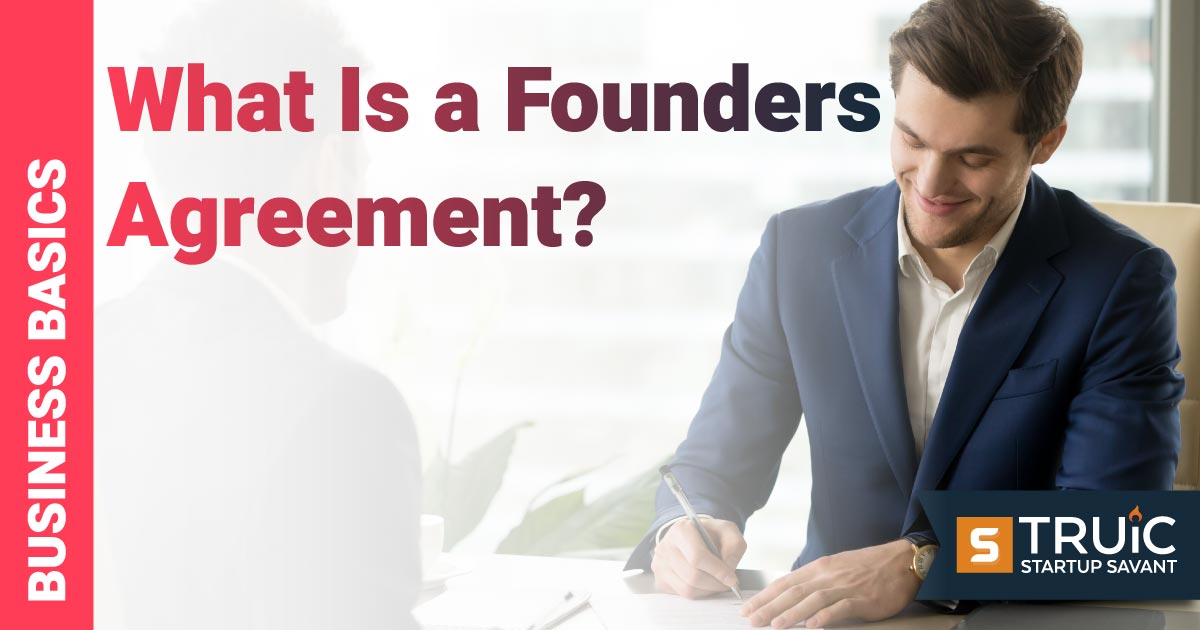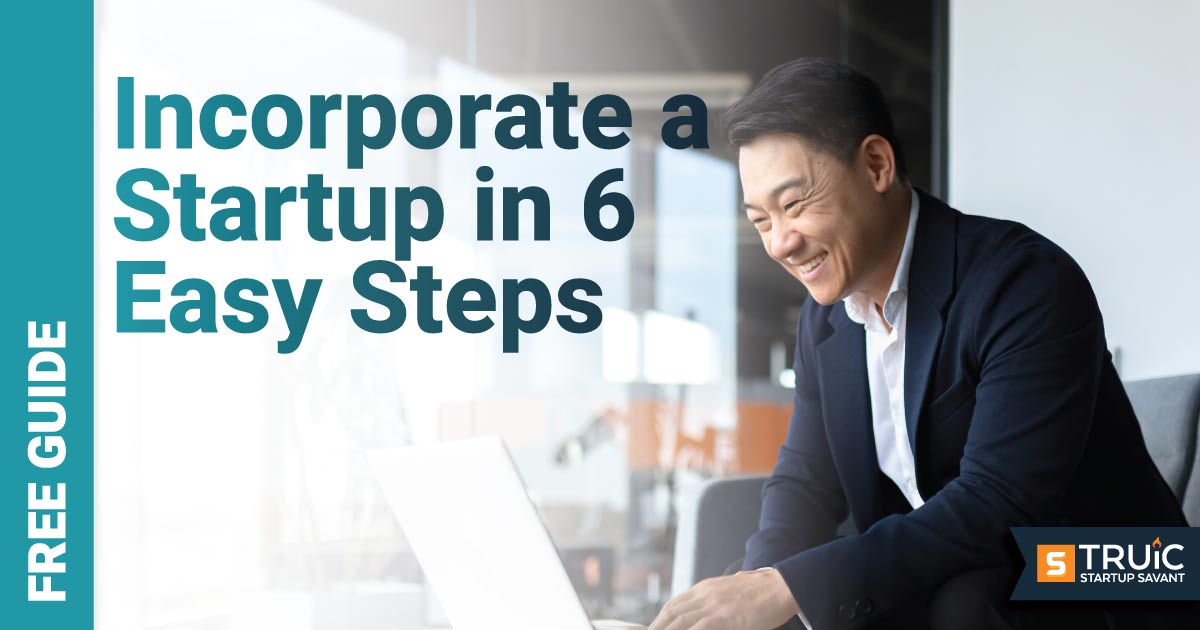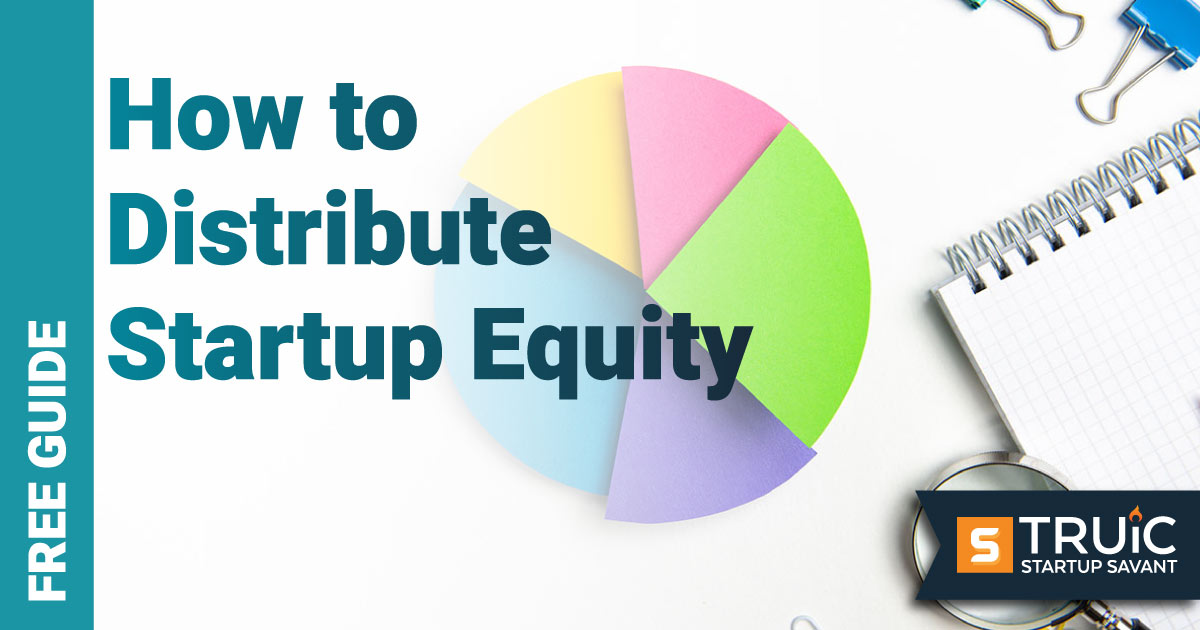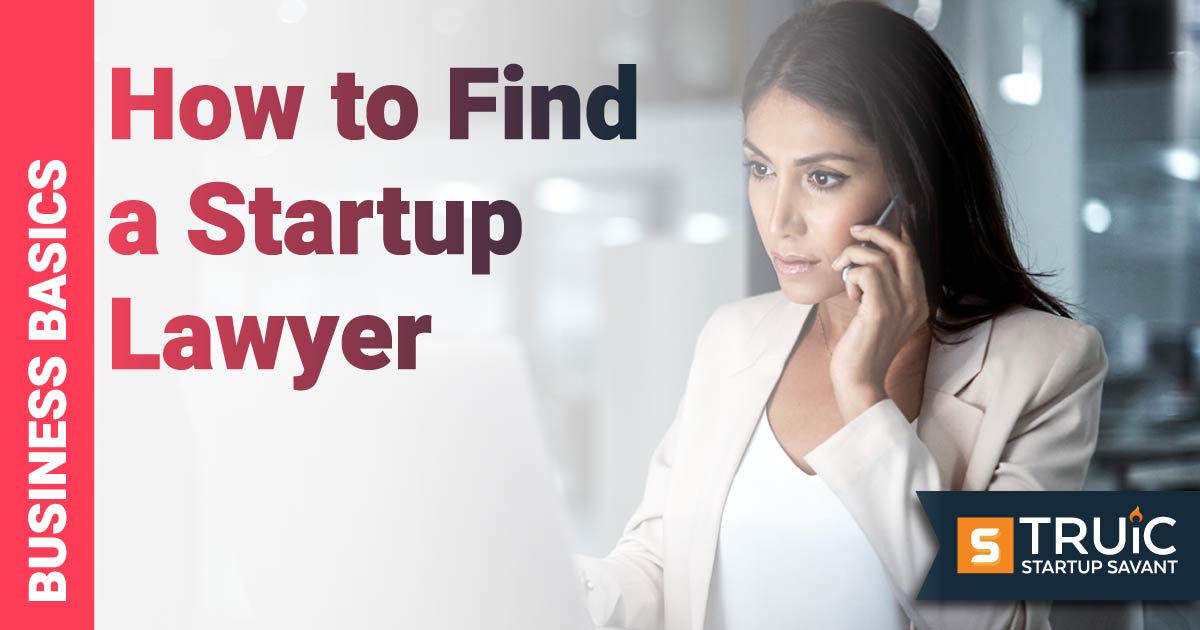What Is a Founders' Agreement?

Last Updated: By Madison Holt
Starting a new venture comes with a whirlwind of excitement, hope, and, yes – a fair share of paperwork!
One document that often gets overlooked but is critically important is the founders' agreement. Essentially, it's a roadmap that guides your startup journey, ensuring all founders' are on the same wavelength regarding roles, responsibilities, and other crucial aspects of the business.
It doesn’t matter if you're a first-time entrepreneur or a seasoned business owner venturing into new territory; the sections below will level up your understanding of what a founders' agreement is, its importance, key components, and the best practices you need to keep in mind when drafting one. Let's dive in!
Understanding Founders' Agreements
A founders' agreement is a legal contract drafted between the co-founders of a startup that lays the foundation of the business relationship. It outlines the rights, roles, responsibilities, and obligations of each founder.
When you draft a founders' agreement, you create a comprehensive document that indicates who owns what, how decisions are made, what happens when a founder leaves or if the company dissolves, and many other important matters. It differs from an operating agreement, in that it focuses solely on the founders rather than all partners or members.
Discussing and agreeing on roles, equity, vesting terms, decision-making authority, and more can help prevent potential disputes and protect business interests. Not only that, but having such an agreement in place signals potential investors about the seriousness and professionalism of your venture.
Importance of Founders' Agreements
Even though we’ve already briefly touched on the importance of founders' agreements, this section will go into greater detail.
We’re going to walk through specific examples of how these agreements can benefit your startup, ranging from preventing disputes and misunderstandings to how it can establish a roadmap for future potential scenarios in your business.
Prevents Misunderstandings and Disputes
A founders' agreement acts as a reference point everyone can turn to and will list rights, roles, responsibilities, compensation, and other specifics for each founder.
It's a way to understand each founder's expectations and avoid any “ill feelings” and disputes that might arise from misunderstandings. When in doubt, you just have to refer to the agreement. Everyone knows what's expected, and there's less room for misinterpretation.
Provides Clarity on Expectations and Responsibilities
A defining feature of a good founders' agreement is the clarity it provides.
It goes beyond merely listing roles—it sets benchmarks and expectations for every person involved, ensuring that each founder knows what they're responsible for and what the company expects from them. This clarity reduces the risk of anything slipping through the cracks and ensures everyone is on the same page.
Protects Individual and Collective Interests
A founders' agreement isn't just about assigning roles – it's also about protecting each founder's interests.
When drafted properly, it outlines equity shares, vesting schedules, and mechanisms for dealing with disagreements. This protection extends to the collective interests of the startup itself. By defining intellectual property rights, exit strategies, and dispute resolution processes, the agreement ensures the company is safe from potential damages down the road.
Establishes a Roadmap for Future Scenarios
One of the most valuable aspects of a founders' agreement is foresight. This document isn't just about the present – it's about potential future scenarios as well.
What happens if a founder decides to leave? What's the process if the company is acquired or goes public? How will unvested shares or confidential information be protected? By providing answers to these questions, a founders' agreement establishes a roadmap for any future events reducing uncertainty and ensuring smoother transitions.
When to Create a Founders' Agreement
A simple rule of thumb is to put your founders' agreement in place the moment you decide to turn your business idea into reality.
Why so early? Because the early stages of a startup's life cycle are incredibly decisive. It's during this time that co-founders collaborate, brainstorm, and give shape to their business ideas. This creative process comes with a series of decisions that will fundamentally shape and direct the future of the startup.
Creating a founders' agreement at this stage ensures all founding members are on the same page about their roles, responsibilities, and the overall direction of the startup. It also formalizes the initial structuring of equity distribution and ownership rights, both crucial factors to the long-term success of the venture.
How to Create a Founders' Agreement
So, you're ready to draft your founders' agreement. Great! Let's dive straight into how you can create one.
Remember, this is a legally binding contract, so it's best to have a legal professional at your side to ensure everything is ironclad.
1. Kick-Off Meeting
Gather all your co-founders' to clarify shared objectives, understand individual aspirations, and establish foundational decisions. Make a list of topics to discuss, including roles and responsibilities, equity distribution, vesting schedules, decision-making processes, etc.
It’s essential to set the tone for this meeting, ensuring a collaborative and open environment; every founder should be encouraged to voice their opinions, concerns, and ideas.
2. Drafting
Begin drafting the agreement. You can use handy templates like this one from Rocket Lawyer to get things off the ground. These are just a starting point, though, and your agreement should be customized to fit your startup’s unique needs.
Let’s walk through some of the common components of a founders' agreement:
Equity Distribution
This outlines precisely how the company's shares or ownership percentages are distributed among the founders. It provides clarity on each founder's stake and the drive to align efforts towards the mutual growth of the company.
Despite what you might initially think, equity shares don’t always have to be equal and can be distributed based on factors such as capital contribution, effort, and time commitment – keep this in mind when deciding how much equity each of your co-founders' receives.
Roles and Responsibilities
This section clarifies the specific duties and responsibilities of each founder. It's important as it ensures transparency, prevents role overlaps, and paves the way for efficient functioning by assigning a clear path for everyone.
Vesting
Vesting refers to the process through which founders earn their equity over time. To incentivize commitment, shares often vest gradually over a period – typically four years – with a one-year cliff. This ensures that founders are motivated to stick around and contribute to the company's growth.
Decision-Making Process
The decision-making aspect of a founders' agreement identifies how critical business decisions will be made. It defines each founder's voting rights (which are usually proportional to equity shares) and establishes mechanisms for decision-making on matters such as fundraising, budgets, and strategic pivots.
Exit Strategy
Charts the course of action when a founder decides to leave or if the team decides to sell or merge the business. It can also cover scenarios like failure, acquisition, or initial public offering (IPO).
Intellectual Property
Identifies who holds the ownership rights to the products, services, or processes developed during the startup phase. It's important to ensure the company retains rights to its creations, which are often the driving force of value and competitive advantage.
Salaries and Compensation
Addresses whether the founders will be paid a salary, how much, and when. In early-stage startups, it’s common for founders to forego salaries until the company starts making money. Determining compensation in the agreement helps set clear expectations and minimize disputes later on.
Dispute Resolution
Disputes among founders are inevitable, but having a dispute resolution mechanism in place can help manage and resolve these efficiently. This section outlines whether disagreements will be handled through mediation, arbitration, or court proceedings, preventing a full-blown crisis.
Dissolution
Lastly, it's important to have a dissolution clause that outlines procedures on how to close down the company if it doesn't work out or if the founders decide to part ways. This may include how assets will be divided, how outstanding debts will be paid off, and what happens to intellectual property. It's always better to prepare for these kinds of scenarios when relations are still “cordial.”
3. Review and Revise
Have a legal professional review the document to ensure all bases are covered. Revise as needed. Then, give all founders a chance to review the agreement one last time before finalizing it.
Your founders' agreement isn't a one-and-done deal – it's a living document that should evolve with your startup.
As your business grows and changes, you'll need to revisit and amend the agreement accordingly. Don't hesitate to seek advice from experienced entrepreneurs or legal professionals during this process.
4. Sign the Agreement
Once all terms are agreed upon, and the document has been reviewed thoroughly, it is imperative that all parties involved sign the founders' agreement. This signature not only demonstrates commitment but also legally binds each founder to the terms laid out in the document.
It's advisable to have witnesses present during the signing to validate the process. Additionally, ensure each founder keeps a signed copy for their records and store an extra copy in a safe, accessible location for future reference.
The Bottom Line
In the world of startups, a founders' agreement isn't just a formality – it's an essential safety mechanism for your business and relationships.
It's easy to skip over it in the thrill of starting something new, but as we've discussed, this binding document can be the difference between smooth sailing or potential shipwrecks further down the line.
Always keep in mind that the health of your startup doesn’t solely depend on your product or service but that the strength of your team’s foundation is equally critical.
Talk with your co-founders, thoroughly discuss each aspect of the agreement, and most importantly, get it all in writing.


